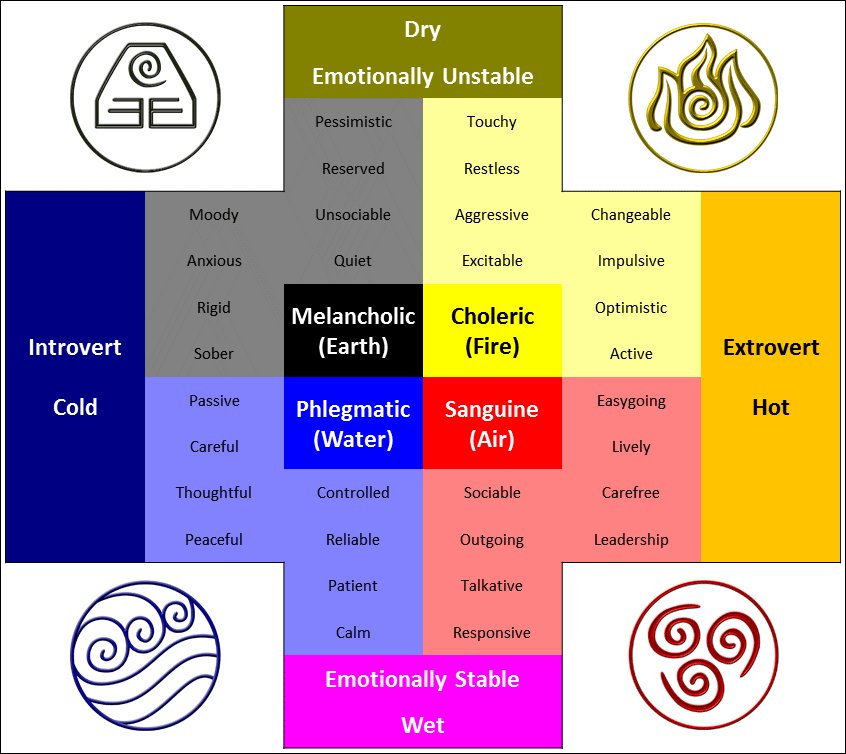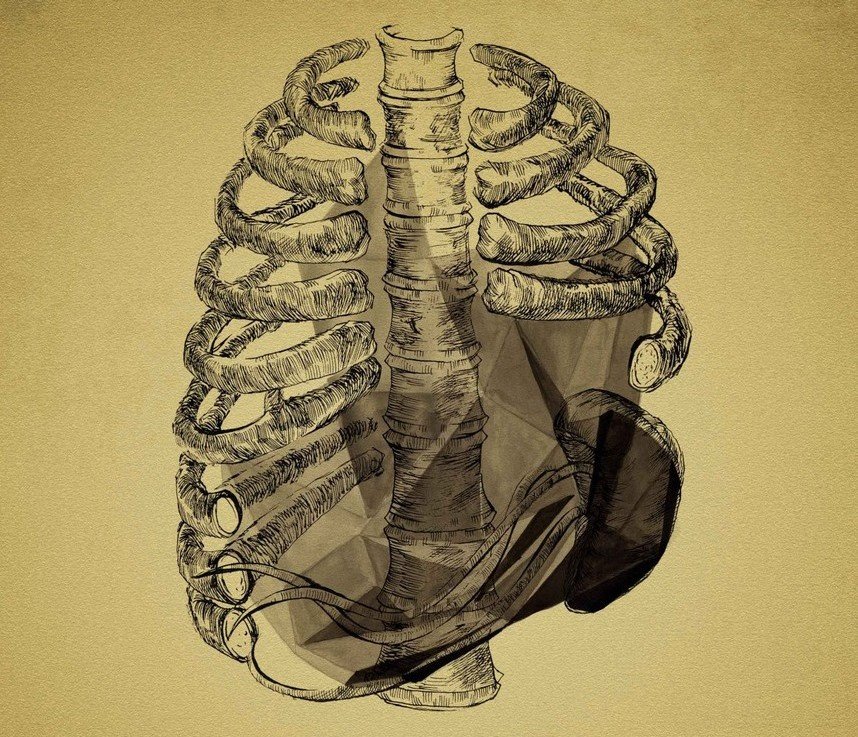Melancholic temperament: Specifications and lifestyle
part 1

TEHRAN — Iranian-Islamic traditional medicine is a holistic medicine which has been based on individual differences and a determinant basic concept named as Mizaj (temperament).
According to Iranian-Islamic traditional medicine, everybody has a definite Mizaj which is determinant to construct all physical or mental characteristics.
The excess or less of warmness and humidity define four essential temperaments of “Warm and Wet (sanguine or Damawiy)”, “Warm and Dry (choleric or Safrawiy)”, “Cold and Dry (melancholic or Saudawiy)” and “Cold and Wet (phlegmatic or Balghamiy)” respectively.
The terms in the parentheses refer to four groups of material in the body (called “humors” or ‘Akhlat’) including blood, yellow bile, black bile, and phlegm respectively. Words written in italic show original Persian terms in the ancient literature.
In what comes next the distinctive behavioral and physical characteristics of people with melancholic temperaments will be thoroughly explained.

A person whose constitution tended to have a preponderance of black bile, formed in gallbladder, have a melancholic temperament.
Melancholic: Cold and Dry
People with melancholic temperament are usually thin and have a small frame. They don’t have much big body parts and they don’t gain weight.
They have a dark complexion and are likely to develop dark spots on their skin. Their skin is dry and rough and is prone to get wrinkles and show signs of premature skin aging.
Their hair is coarse, curly and coily. They also have excessive unwanted hair (hirsutism).
From mental point of view people with melancholic temperament tend to be introspective and introvert. They act and speak unhurriedly and might need more time to accomplish a task but they do it perfectly.
They might have negative thoughts. They can be perceived as cynical, skeptic, distrustful and suspicious and are more likely to develop mental disorders such as depression. They are also likely to have more nightmares than other people.
They don’t sleep much, have trouble falling asleep fast, they have a lower sleep efficiency which might cause disturbed sleep. They have a retentive memory.
They are much more likely to suffer constipation and dry skin. Body waste discharged from their bodies (including urine, feces, menstrual fluid or sweat) might become dark in color. They are not in favor of change. For example they try to wear the same clothes and perfumes as much as possible.

They are sensitive to food stuff and drinks with cold and dry temperament and they have to cut down on pickled fruits and vegetables, food stuff with vinegar content, lentil, eggplant, leftovers, and fast food.
Seyed Mahdi Mirghazanfari, MD, holds a PhD degree in medical physiology and is an Iranian-Islamic traditional medicine researcher. He is also an assistant professor in AJA University of Medical Sciences, Tehran.
MQ/MG
Leave a Comment